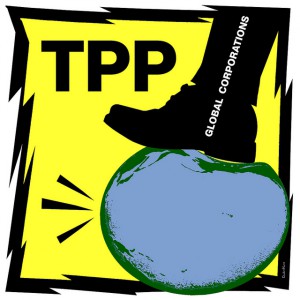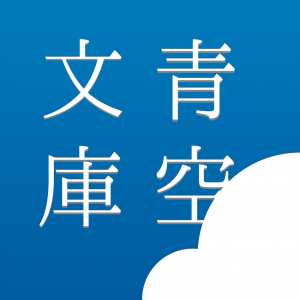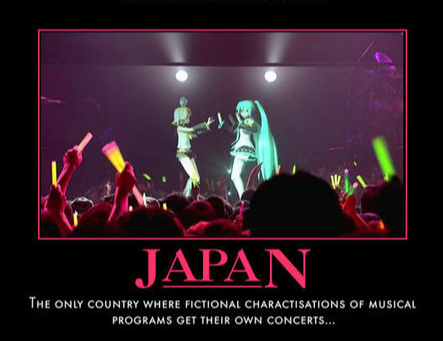 Before a deal was reached on TPP, a considerable amount of civil society representatives had taken action to raise more awareness for TPP’s potential impacts on Japanese law and Japan’s economy. Most of them are coming from the agricultural sector, but there were some civil rights activists who sought to protect Internet users’ rights over the copyright rules. Japanese digital rights organisations such as MIAU, Creative Commons Japan, thinkC, and thinkTPPIP are examples of campaigners who initiated campaigns opposing TPP copyright provisions. In spite of their efforts, 3 provisions they opposed were in the end included in the final text.
Before a deal was reached on TPP, a considerable amount of civil society representatives had taken action to raise more awareness for TPP’s potential impacts on Japanese law and Japan’s economy. Most of them are coming from the agricultural sector, but there were some civil rights activists who sought to protect Internet users’ rights over the copyright rules. Japanese digital rights organisations such as MIAU, Creative Commons Japan, thinkC, and thinkTPPIP are examples of campaigners who initiated campaigns opposing TPP copyright provisions. In spite of their efforts, 3 provisions they opposed were in the end included in the final text. Expansion of Copyright Terms: Prolonged term until works accessible to everyone
 TPP is enforcing ‘Mickey Mouse Act‘ to the world
TPP is enforcing ‘Mickey Mouse Act‘ to the worldArticle QQ.G.6 in the TPP extract leaked to Wikileaks calls for an extended copyright term of 70 years after the author’s death instead of the 50 years currently. Kensaku Fukui, a Japanese copyright law expert, warns that the extension of the term will expand the trade deficit of Japanese intellectual property (IP) industries. Currently, the Japanese annual t over ¥ 600 billion ($50 billion/€44 billion), and roughly 70% of the deficit comes from trade with the US. any of the US’s major entertainment products earn royalties abroad the 1920s or 1930s (e.g. Mickey Mouse, Winnie the Pooh, Superman) Japanese entertainment products which are popularly received outside of Japan are on the other hand largely newly produced works (e.g. Pokmon, Dragonball, Sailormoon). The extended copyright term merely protects older works and will therefore keep the position of the Japanese economy in the international IP trade.
 Aozora Bunko
Aozora BunkoAdditionally, the term extension endangers one significant source of Japanese cultural prosperity: Many of non-profit research, education and cultural projects will most likely be harmed by this provision. Aozora Bunko, the ‘Open Air Library’, is one example for this. Similar to Project Gutenberg or Europeana, Aozora Bunko collects and distributes thousands of works of Japanese literature whose copyrights have expired. The newly introduced term will stall such projects, as it requires massive amounts of transaction costs to clear copyrights, even when authors passed away several decades ago. Those works which are still protected under copyright but whose rightsholders cannot be determined are known as ‘orphan works‘. The extended copyright term will also likely increase their number, making the national cultural heritage inaccessible. Considering the fact that the copyright law is supposed to strike a balance between incentivising creators and providing for a cultural commons that itself acts as a pool for innovation, the extension is likely to have a negative effect on Japan’s cultural prosperity in the future.
Civil copyright law: Sanctions way beyond the actual damage
 You might be prosecuted by uploading a nyancat video…
You might be prosecuted by uploading a nyancat video…they will be charged before the lawsuit start.This legal uncertainty and disproportionality will have a huge chilling effect on researchers, IT entrepreneurs and most ordinary Internet users.
Criminal copyright law: Punishment for cosplayers and fan fictions?
 Stand up for freedom of cosplay!
Stand up for freedom of cosplay!The horror show does not end with the civil procedure provisions. Criminal procedure provisions, which allow prosecution of copyright infringement without a formal complaint from the rightsholder, also gravely threaten the fandom communities of anime-manga. Japan’s “otaku” culture, which largely encompasses fan-art culture, has prospered within a legal gray zone. According to current Japanese law, copyright violations can only be criminally punished if the rightsholder files a claim. Cosplay and fan fiction –derivative works that might conflict with law– have rarely been prosecuted by rightsholders under the current regulation, as anime-manga related rightsholders acknowledge the fact that they are successful because fan-generated works are not being taken down. Article QQ.H.7 will sabotage this win-win relationship between rightsholders and end-users. Removing the need for a rightsholder to get involved, any “competent authority” is enabled to file an complaint. The notion of fair use does not exist in Japan like it does in the US. Therefore, once prosecuted by malicious third parties, you may be charged with a. Even though the text of the trade agreement says a prosecutable copyright violation must be undertaken ‘wilfully and on the commercial scale’, it is yet unclear how the ‘commercial scale’ should be determined. It all depends on the ratification and national transposition process.
To the extent possible under law, the creator has waived all copyright and related or neighboring rights to this work.

